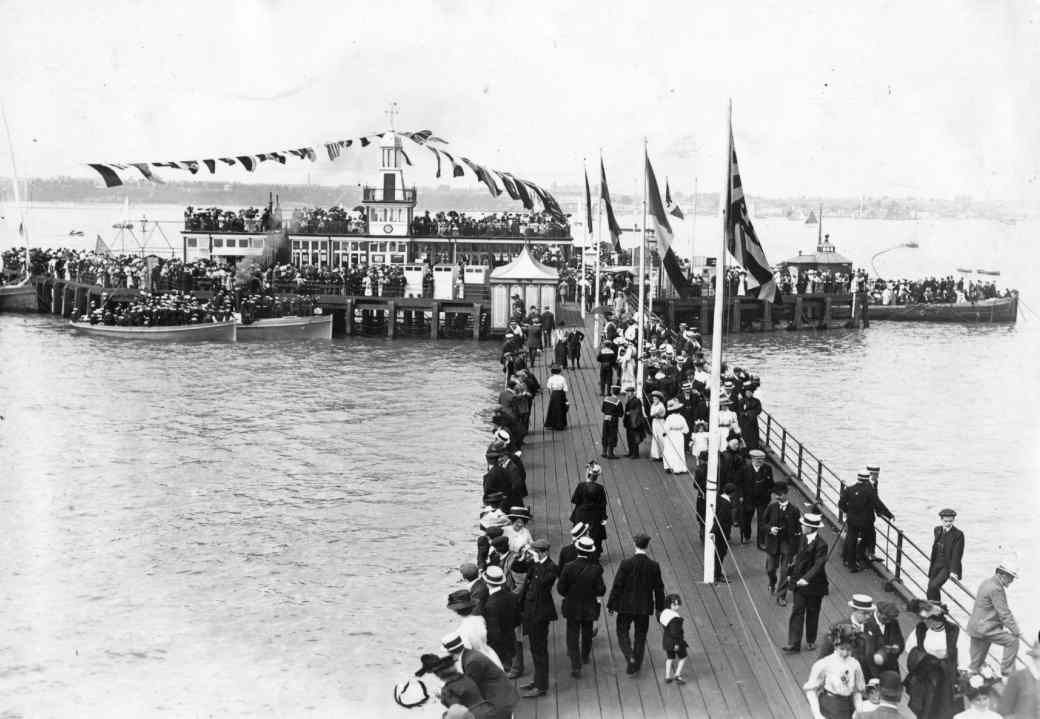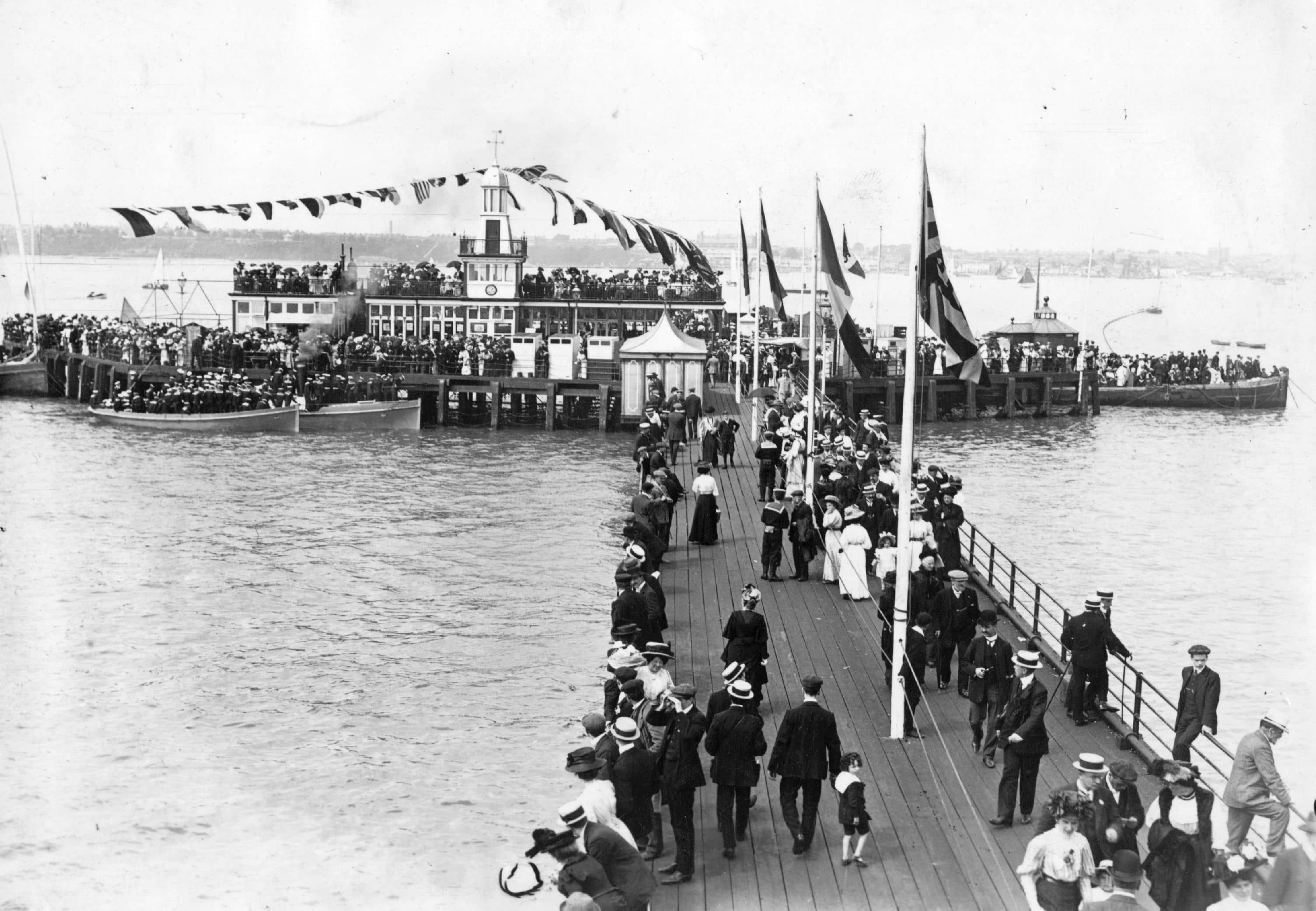The last two contributions that Sir David Amess made in the Commons were to call for a debate on animal welfare and to express disappointment that he had not been asked in the reshuffle to become minister for granting city status to Southend. They were two subjects close to his heart, which he seldom missed an opportunity to raise.
‘I do not think that my honourable friend has asked me a single question in the House that has not mentioned Southend becoming a city,’ remarked Theresa May on the seventh occasion, out of eight in all, when Sir David bounced to his feet in PMQs, gave his usual hopeful smile like a puppy begging for a biscuit and pleaded with her to make his dreams come true.
Perhaps the oddest request came in March 2018, when he rose just before Mrs May was to give a statement on rapidly deteriorating relations with Russia after the poisonings in Salisbury and asked if the prime minister was aware — how could she not be? — that a charity in his constituency had just set a world record for ringing the highest number of triangles. ‘This is yet another reason why Southend should be made a city,’ he observed. As I wrote in my Times sketch that day: ‘This is the way the world ends. Not with a bang but a tinkle.’
It is wrongly believed that a city must have a cathedral: 14 of the 57 cities in England and Wales do not
‘Yet another reason’ was a familiar refrain. A rummage through Hansard finds the claim that ‘Leigh fishermen catch the finest fish in the world’; Southend being a regional winner in the Tiffin Cup for South Asian restaurants; rough sleeping in the borough falling by 85 per cent; schoolchildren making 7,500 ceramic poppies; its record number of centenarians; and Sir Michael Parkinson opening an extension to Southend’s jazz centre all given as yet another reason why its civic status deserved an upgrade.
After Sir David was murdered, parliamentarians including Mr Speaker and the Home Secretary said there would be no better tribute than to make Southend a city for the Queen’s platinum jubilee next year, while Boris Johnson had apparently already promised Sir David that he would deliver it within days of him becoming prime minister in 2019 and we know how he keeps his word.
Technically, of course, the decision belongs to Her Majesty and she may already be familiar with the jewel of the Essex coast to judge by Sir David’s comments on her 90th birthday. ‘Her eyes glazed over,’ he told MPs, ‘as I went on and on’. This was after she had asked him about the changes he had seen in parliament but it would have been out of character for him not to slip in a mention of the world’s longest pier or that Dame Helen Mirren, who has so often stood in for the Queen, had gone to school in Southend.
It is wrongly believed that a city must have a cathedral: 14 of the 57 cities in England and Wales do not. There are also seven cities in Scotland and five in Northern Ireland. Nor does having a cathedral make you a city. St Albans may have had an instant elevation on becoming a new diocese in 1877, despite one civil servant writing on the file that it was ‘only a fourth or fifth-rate market town’, but there are six cathedrals in towns: Blackburn, Brecon, Bury St Edmunds, Guildford, Southwell and Rochester, the last having its status downgraded after 787 years as a city in 1998 after a local government reorganisation.
The main criteria now are that a city must be of a decent size, have a well-defined character that makes it the centre of a wider area and a good record of local government. Taking into account the sprawl of the Southend area, spilling into Rochford and Castle Point, the town’s population of 185,000 becomes almost 300,000, placing it fifth behind Bournemouth, Middlesbrough, Birkenhead and Reading in the list of urban areas that aren’t cities.
Eleven cities have been created since 2000 to mark the new millennium and the Queen’s golden and diamond jubilees. It was after Wolverhampton, Inverness and Brighton and Hove were rewarded 21 years ago that Sir David began his campaign, first raising his hopes that Southend’s turn would come next just before the Christmas recess. It then became his theme song.
Sir David even secured two half-hour adjournment debates on the matter. For the first, in 2011, he explained that when he grew up in the East End summer trips to Southend, with its amusement arcades and cockles and shrimps, were a heavenly treat. When the Queen favoured Chelmsford, just 20 miles away, for an upgrade in 2012, he wailed to the Leader of the House: ‘We were robbed’.
For a spell, Sir David focused instead on getting Southend named as the city of culture for 2017. When that was awarded instead to Hull, he constantly referred to his town as being ‘the alternative city of culture’.
Having been promised by Johnson that his wish will finally come true, Sir David had been campaigning with new vigour, inviting ambassadors to come crabbing. Taiwan, Qatar and the Philippines took the bait, with India and Germany reportedly keen. ‘They all arrive in Southend and just cannot understand why we are not a city,’ Sir David lamented to minister after minister at question time.
James Brokenshire, whose own recent untimely death will also be marked by tributes in the Commons this week, sounded the most enthusiastic. ‘I am not unsympathetic given that it is my birthplace,’ the then housing secretary told him in 2019. ‘I commend the work that he is doing.’ If sentimentality has its way, that vote of support should end the matter.







Comments